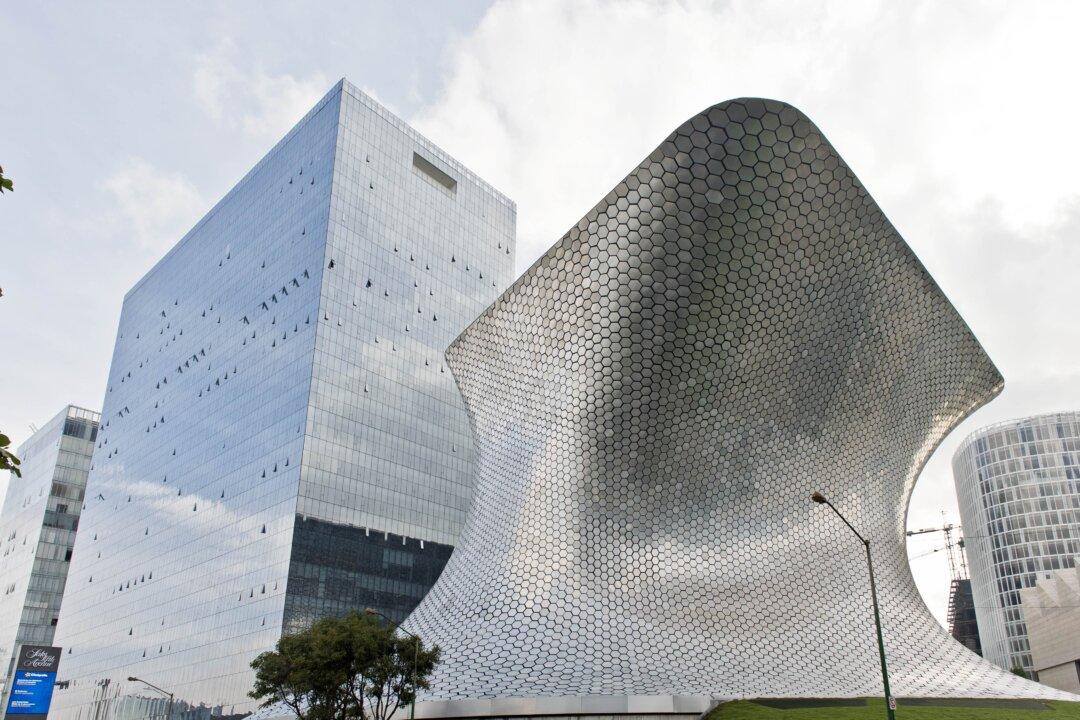The recent capture of Mexican drug lord Joaquín Guzmán Loera, better known as El Chapo, is but the latest episode in the absurd, unending, and media-driven spectacle of the drug war. El Chapo had topped the list of most-wanted fugitives ever since Osama bin Laden was killed. For more than two decades the Mexican authorities had tracked him. Twice, they sent him to maximum security prisons. Twice, he miraculously escaped.
But putting El Chapo back behind bars will do little to alter the reasons why a figure like him and an organization like the Sinaloa Cartel exist in the first place. His latest slip-up reportedly came in part as a result of him granting an interview to actor Sean Penn, who was put in contact with El Chapo by prominent Mexican actress Kate del Castillo. As the drugs kingpin pointed out to Penn, Mexico’s drug trade exists due to gruelling poverty and because there are so few opportunities for decent work. This is why, despite El Chapo’s capture, the drug trade and the cartels will remain intact.

